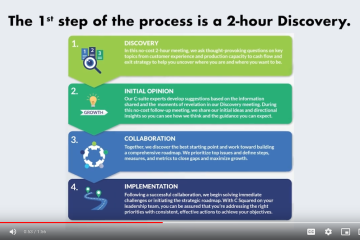Do you ever wonder why communications within your team don’t always work well? Maybe you aren’t asking the right questions? We work with a consulting firm that teaches you how to ask the right questions, with the right language and how to interpret the answer you received. Doug Krug runs the “Institute for unLearning” and one of his books, The Missing Piece In Leadership, is one that we recommend for all management teams. His firm helps leadership teams become much more effective.
Humans respond best to good questions but the art of asking good questions is not universal. Simon Sinek is famous for saying “always ask why.” So, do five-year old kids.

Maybe there is something in keeping the question easy to understand and unambiguous. Sinek wants to know your purpose for taking an action but a five-year old wants to know what they need to do. Doug’s team takes the process a step further.
Asking why assumes that a decision has been made or an action taken that needs to be justified. What if you are asking what or how instead to understand what is working versus what does not work? So instead of problem identification you become more focused on solution finding. This focuses the discussion on what did we learn and how can we be more effective? So instead of why did something happen the focus becomes what is the desired outcome?
Stories are a very powerful way of explaining something and often answer multiple questions. The story teller may not be aware of your specific questions and provide a general story that may not address your questions or even create more questions in your mind. It is important for you to frame your “drill down” questions to the story just told to encourage conversation within a context. In other words, be specific with your question and not leave them with an open-ended question where you don’t get a specific answer. An example of “what’s on your mind” can have any number of answers. However, asking “what are your thoughts on President Trump’s tweet this morning” will get a much more specific answer. The passion behind the response may also tell you about their political views without asking another question!
The bottom line in asking questions of your team is to know what you want to know. If you are looking for specific information, don’t ask open ended questions that won’t get a specific answer. You can also ask your question in a neutral way that is not threatening and avoids putting the responder in a defensive mode. Asking “what happened to the Acme shipment that made them so upset” is going to get a more informative answer than asking “why did you screw up with Acme?” Makes sense?
Do you have a questioning process that you find effective? Do you have communications ideas that work well with your team? We would like to know about these so please reach out via phone or email.


